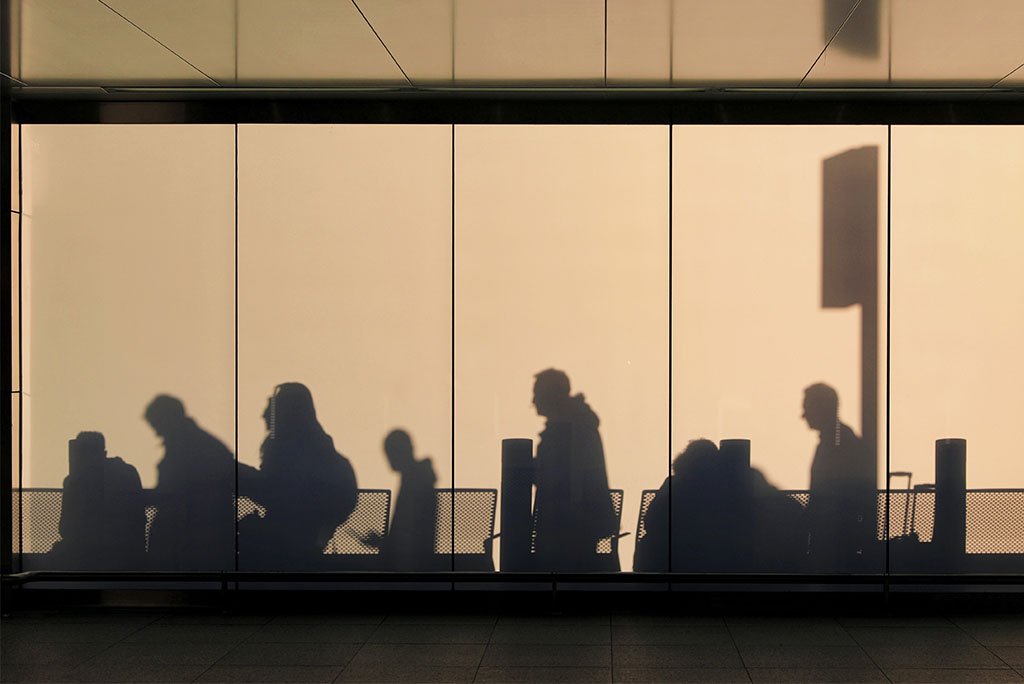Almost three years after, the Covid-19 pandemic caused the worst employment crisis in the USA since the Great Depression. Unemployment recovered to historic lows. And, the applications for unemployment insurance are below their pre-pandemic trend.
But, Americans who require jobless benefits are not getting them quickly. The federal government considered a 1st payment “timely.” But that is if states issue funds within twenty-one days of the first claim for benefits. The Labor Department sees an 87 percent share as the success for 1st-payment timeliness. The result is worse for those who file an appeal over a benefit decision.
Delays are not as bad as they were previously. But the delays are still present, as the Government Accountability Office said in a June report. These can have real-world effects like postponed rent, deferred bills, accrued credit card debt, loans from family and friends for living costs, inadequate retirement savings, and a reliance on community food pantries.
The Pandemic has gifted a misaligned system
At present, after the “great recession”, states are getting lower levels of federal funding because of more muted jobless claims. For example, 186,000 people filed an initial claim for benefits on January 21. This data is according to the Labor Department. This reduced funding is running into leftover administrative work. Some of this was sidelined as states were to implement CARES Act programs. Funding declined 21 percent in the recent fiscal year, to $ 2.6 billion in 2022 from $ 3.3 billion in 2021.
The downward tendency over this time shows an underlying tension. States get funding for their administrative workload. For example, the volume of claims states is paying. The states are assessing to which extent they have overpaid benefits.
This is very true for one CARES Act program. The Pandemic Unemployment Assistance. Some state agencies did not realize that they should reassess every week. So now, they are asking Pandemic Unemployment Assistance or PUA recipients to verify that they are qualified for all the benefits they received.
Rise in frauds with unemployment rise
States have encountered great levels of fraud. Organized crime, along with con artists, took advantage of the state systems to access rich levels of federal aid. Criminals are attacking the system. They have adopted new styles and tactics, too.
States have brought this down by implementing different fraud controls like identity verification. And those controls delayed legitimate claims from being issued in a timely way.
But things are moving in the correct direction. But, managing another economic downturn and the possibility of higher joblessness is looming.
The Federal Reserve is now raising borrowing costs for consumers and businesses to pump the brakes on the U.S.A. economy to bring down high inflation. The central bank wants a pathway for a soft landing that avoids recession.
